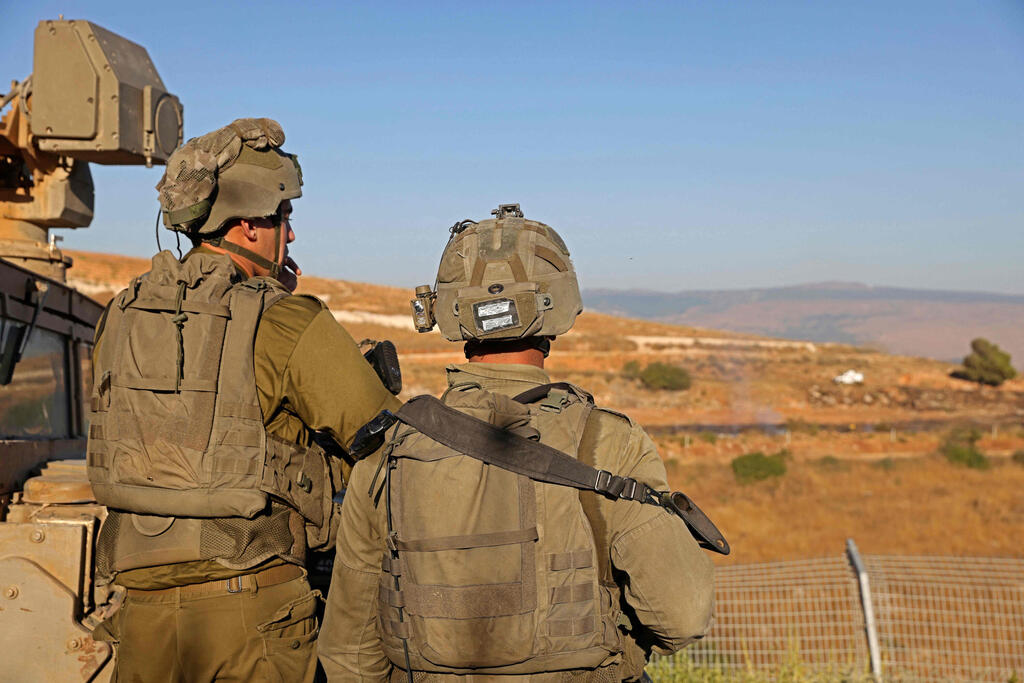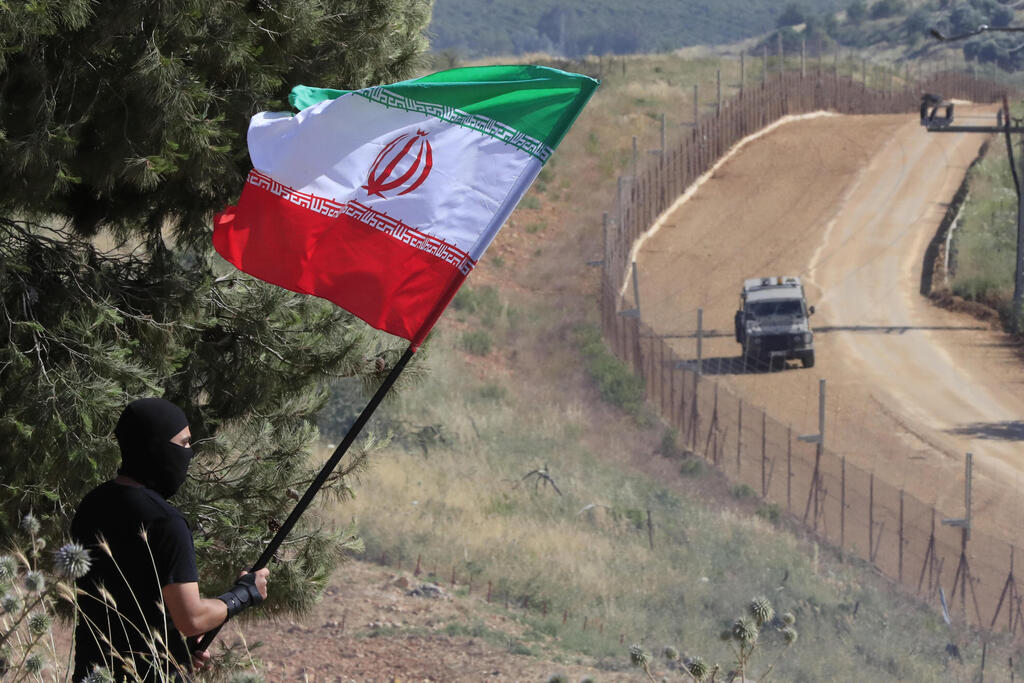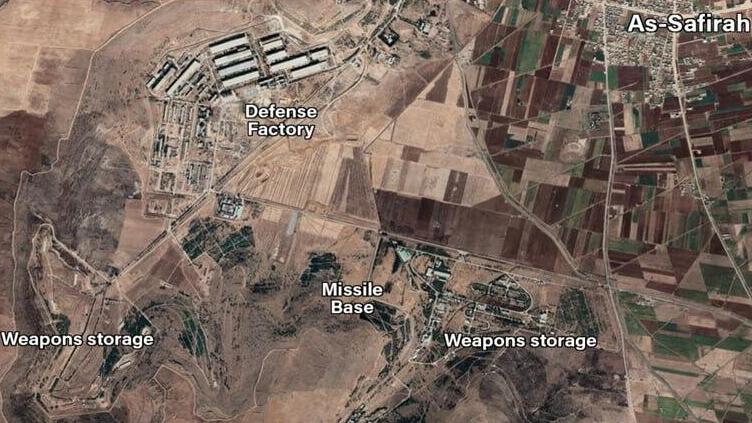Getting your Trinity Audio player ready...
There is a direct line between Defense Minister Yoav Gallant’s comments last March, when he called to halt the judicial overhaul warning it had an adverse effect on Israel's security, and his visit to the Israel-Lebanon border on Tuesday. Fifty years after the Yom Kippur War, the threat of war is looming.
More stories:
The main reason for this is a change in Iran’s equation, which manifests in three aspects: Firstly, Iran is feeling more confident - Russia needs it, China wants it, Saudi Arabia is cautious, and the United States is concerned.
Secondly, Iran succeeded in arming and equipping its proxies with precision weaponry. Until about a decade ago, precision weaponry was an advantage held by Israel against the adversary's "dumb" missiles and rockets. Today, Iran is successfully advancing the production or adaptation of precision missiles and assault drones.
Thirdly, Iran believes that if it manages to bring the various regions of its influence together and coordinate actions against Israel involving Hezbollah from Lebanon, militias from Syria, Iraq, and possibly even Yemen, alongside direct attacks from inside Iran, and in addition - incite Palestinians and Israeli-Arabs to violence, then Israel would be unable to respond adequately.
This doesn't mean that war is certain, and it's unclear when, or if at all, the Iranians will deem the time right for action. However, this scenario is more likely and more serious than we had estimated just nine months ago.
Indeed, the Iranians are also encouraged by what they perceive as Israel's weakening. This encouragement is driving Hezbollah to escalate its acts of provocation along the Lebanon border with Israel, consequently increasing the probability of war breaking out.
There are four things that the Israeli government must do: First, understand that this threat could develop into an existential one within months, and therefore it's crucial to stop dealing with trivial matters that severely impact the military and law enforcement.
A historian analyzing the Israeli government’s policy in 50 years, or even 2,000 years, will find it hard to believe that the government had led Israel into a situation whereby it would struggle to defend itself.
Secondly, they must explain to the international community in advance, that should Hezbollah open fire, it would lead to a full-out war with Lebanon, not just against Hezbollah. Gallant was right to warn Lebanon that Israel would dispatch it back to the stone age, but that is no alternative to a discussion with the United States on this matter.
Thirdly, Israel knows how to protect its population, but not its national infrastructure. Precision weaponry will target population centers less, instead opting for power stations, water treatment plants, server hubs, ports, etc.
 Giora Eiland
Giora EilandRemarkably, no one in the government is taking reasonable measures to address this threat. This isn't about budgetary or technological issues, but simply due to negligence. If I were the Prime Minister, this issue would be my top priority.
Fourth is the Palestinian issue: The Iranians are making significant efforts to equip more and more young people in the Palestinian territories with weapons and to motivate them to carry out attacks against Israel.
In contrast to Israel’s policy in the last 20 years, which mainly aimed to assist the Palestinian Authority and prevent friction in the territories, now members of the coalition are trying to achieve the opposite outcome – encourage friction, increase tensions among the Palestinians, and weaken the security forces’ ability to face this new reality.
These policies aren’t made in error. This is a clear agenda of some coalition parties, aiming to create chaos in the Palestinian territories as a path to implementing their ideology. This must be changed.
Similarly, it must be understood that a government that intentionally builds resentment and frustration among Israeli-Arab residents shouldn’t be surprised if, during a war, these same residents raise arms against the state.
Since 1973, Israel had managed to isolate its different fronts and fight against one enemy at a time. If the Iranians succeed in coordinating their proxies into action, we will face a challenge even greater than that of the Yom Kippur War. The military understands this and acts accordingly, but without a dramatic change in the government's priorities, it won't be enough.




